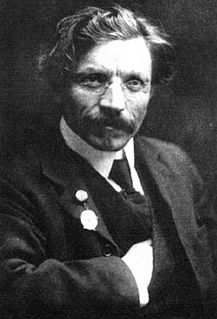A Quote by Peter Singer
Hebrew word for "charity" tzedakah, simply means "justice" and as this suggests, for Jews, giving to the poor is no optional extra but an essential part of living a just life.
Related Quotes
While the word charity connotes a single act of giving, justice speaks to right living, of aligning oneself with the world in a way that sustains rather than exploits the rest of creation. Justice is not a gift; it’s a lifestyle, a commitment to the Jewish concept of tikkun olam—‘repairing the world.’
For Paul 'righteousness' and 'justice' are the same word, as they were in Hebrew. Paul clearly believes that helping the poor is a central and ongoing part of Christian commitment, precisely because in Jesus Christ God has unveiled and launched his plan for the rescue, redemption and renewal of the whole creation. Justification and justice go very closely together.
I felt that the Church was the Church of the poor,... but at the same time, I felt that it did not set its face against a social order which made so much charity in the present sense of the word necessary. I felt that charity was a word to choke over. Who wanted charity? And it was not just human pride but a strong sense of man's dignity and worth, and what was due to him in justice, that made me resent, rather than feel pround of so mighty a sum total of Catholic institutions.
The difference between ordinary and extra-ordinary is so often just simply that little word - extra. And for me, I had always grown up with the belief that if someone succeeds it is because they are brilliant or talented or just better than me... and the more of these words I heard the smaller I always felt! But the truth is often very different... and for me to learn that ordinary me can achieve something extra-ordinary by giving that little bit extra, when everyone else gives up, meant the world to me and I really clung to it.
When we want to help the poor, we usually offer them charity. Most often we use charity to avoid recognizing the problem and finding the solution for it. Charity becomes a way to shrug off our responsibility. But charity is no solution to poverty. Charity only perpetuates poverty by taking the initiative away from the poor. Charity allows us to go ahead with our own lives without worrying about the lives of the poor. Charity appeases our consciences.
What I love about the ministry of Jesus is that he identified the poor as blessed and the rich as needy...and then he went and ministered to them both. This, I think, is the difference between charity and justice. Justice means moving beyond the dichotomy between those who need and those who supply and confronting the frightening and beautiful reality that we desperately need one another.







































